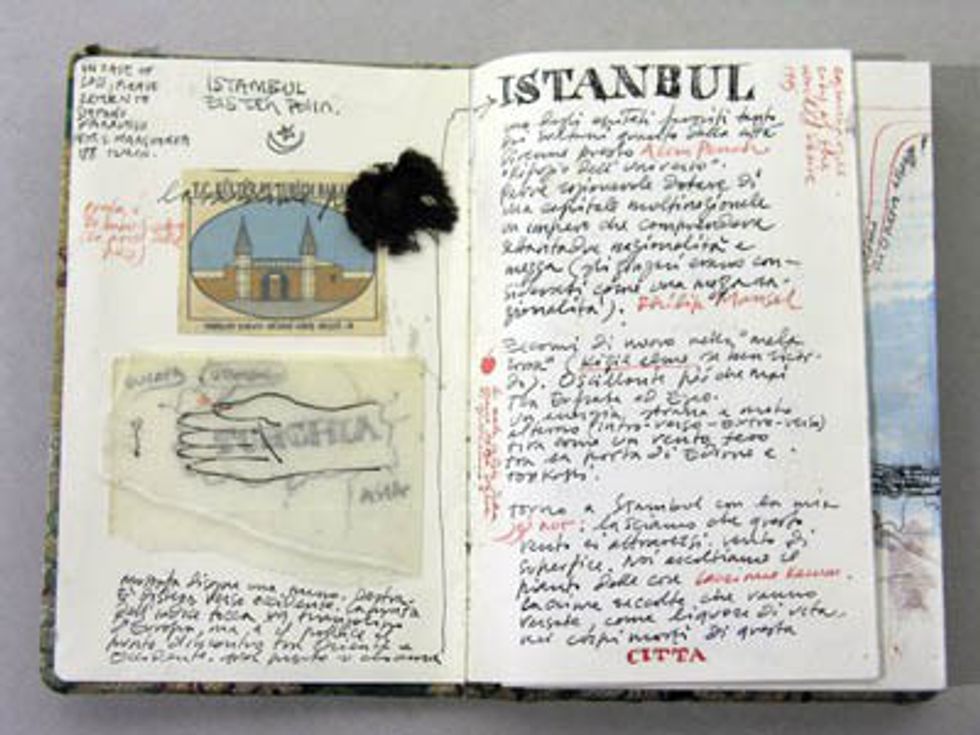No matter how short, or long, you've been writing for, writer's block is inevitable. When you feel like you've used up all your good ideas and that your creativity has officially checked out, don't give up! Here are some ways to get your brain thinking, creating, and you writing once again.
1. Have an inspiration notebook

Inspiration hits you when you least expect it. It might be a beautiful, sunny afternoon by the lake when it hits you; it also might be while babies are crying and wheels are squeaking on the T when it hits you. It's easy to forget your great ideas when you're living a busy life. Keep a little idea notebook with you: in your purse, bag or back pocket (yes, they make them that small). Take a look in your notebook when you need some new ideas, or if you just want to be entertained.
2. Free write
All it takes is five minutes of nonstop, pencil-to-paper writing. Choose a topic, a word or have a friend choose for you. Set the timer and write down everything that comes to mind. Don't judge yourself if other thoughts pop up, like that you're craving a hamburger, write that! It's a great way to get your wheels turning and hone your focus.
3. Take a walk
Although not all of us have access to the woods, taking a walk through a park or on the sidewalk can be just as effective for generating ideas. Take this time to observe interactions, breathe in the air, and note every feeling you're sensing. Sometimes the best way to start writing is to stop writing and change your location.
4. Sleep on it
Your subconscious tends to manifest itself in your dreams, but it may need a little help. Before bed, take some time to reflect on your creative ideas, relax and put your head to the pillow. When you wake up in the morning, think about your first thoughts, remember your dreams and write them down. This is a perfect way to spark ideas.
5. Improvise
If you're not into acting or improv, this idea may seem silly, but many creators have found it to be extremely effective. Get together with a few of your creative friends, start with a topic and just start riffing. You don't have any idea where the story will go, but it might just turn into a gold mine.
6. Read up
Find your favorite poems or stories and read them over (even if you've read them a thousand times). Trying to imitate the style of an author you love can produce many different possibilities. Try hard to think of the poem or story in another way, with a different ending or in a different setting. Then, brainstorm off those new ideas.
7. Phone a friend
You don't have to be a writer in order to have a story to tell. There are really great stories inside of non-writers just waiting to be heard. Ask a friend or family member about a memory that sticks with them as years go by. If you get inspired, ask if you could use aspects of their memory to create something else. They will almost always be flattered.
8. Make a list
Although making lists is one of my favorite past times, I know that isn't the case for everybody, but this list is for your own benefit. Make different columns: things that make you angry, things that make you happy, sad things, exciting things, etc. After writing a few ideas in each column, challenge yourself to create a narrative by connecting the ideas from different columns. You may be surprised by what ideas your lists produce.
























